If I was to ask you, “What is organic gardening?” You might squint a little, and say something along the lines of, “Well, organic gardeners don’t use chemicals in the garden”. That wouldn't be correct.
After all, water is a chemical, and all gardeners probably use water. And, there are chemicals used in organic gardening, including manufactured fertilizers that are OMRI certified as organic. OMRI - the Organic Materials Review Institute - is a nonprofit organization that provides an independent review of products, such as fertilizers, pest controls, livestock health care products, and numerous other inputs that are intended for use in certified organic production and processing.
Pondering the question, “What is Organic Gardening?”, is interesting. If you go online and search for a definition of organic gardening, it runs the gamut.
The University of Massachusetts, for one, says even among those claiming to be organic gardeners, it differs as to exactly what constitutes organic gardening.
“In general, organic gardening differs from traditional gardening in two important ways, use of agricultural chemicals and use of artificial or processed fertilizers.”
However, they don't say exactly what “agricultural chemicals” are.
Then, UC Davis’ Sustainable Agriculture Research and Education Program states, “Organic agriculture is the practice of growing, raising, or processing goods using methods that avoid the use of most synthetic pesticides and fertilizers, as well as bioengineering, ionizing radiation, and sewage sludge.”
Alright, now we're starting to narrow down the definition of “organic gardening”.
The University of Georgia says that a generally accepted definition of organic gardening is: “The use of cultural practices to improve soil and plant health in order to reduce plant problems without the use of synthetic fertilizers and pesticides.”
This is becoming very interesting.
So we turn to the Royal Horticultural Society in jolly old England, and they say: “Organic gardening is commonly used to describe cultivation systems which make minimal use of manufactured chemical substances. These are practical elements of a broader philosophy which takes a holistic view of gardening, emphasizing the interdependence of life forms.” That “broader philosophy” may include the tenets of permaculture.
And then we have the thoughts of a man we had as a guest about a month ago. IHeart was there discussing phosphorus, a soil macronutrient, and some of the possible dangers or cautions one should employ if using phosphorus fertilizers.
It was garden book author, Robert Kourik. And I wondered about the manufacturing of phosphorus.
I asked him, “Is the process that makes phosphorus fertilizers, in your estimation, not organic, even though phosphorus fertilizer is considered organic?”
And he said, “I like to think of it as considering a cradle-to-grave review of organics.”
Well, that needed some expansion.
So back for his expansion time is Robert Kourik, author of the book, Sustainable Food Gardens as well as many other garden books.
“The way I define organic gardening is what I call a full-cycle ecosystem,” says Kourik. “In other words, using as few external inputs as possible, while harvesting as much as possible. If you have an organic garden and you truck everything in from five miles away, and you buy bone meal, and you buy blood meal, and you buy phosphate fertilizers and more, you have a tremendous amount of inputs coming from near or far. That doesn’t reflect what would naturally happen if you weren't bringing in that nutrition and those other products. I’m trying to keep it as a closed loop as much as possible. So when I talk about ‘cradle to grave”, let's look at what it costs to produce these inputs, how they’re produced, what it takes to truck them around, as well as what do you get out of it, and what are the alternatives that you could use in your own garden, instead.”
Listen to the podcast (above) about how you can transition to a more self-sustaining organic garden. Perhaps it won’t be a fully self-sufficient ecosystem, but you will have lessened your carbon footprint, if you’re a big-picture kind of person. Perhaps closer to your own reality, you will have saved some money, one cover crop or mulch pile, at a time.
Thanks for reading Beyond Basics: The Garden Basics with Farmer Fred Newsletter! Subscribe for free to receive new posts and support my work.
Thank you for also listening to the Garden Basics with Farmer Fred podcast! It’s available wherever you get your podcasts. Please share it with your garden friends.
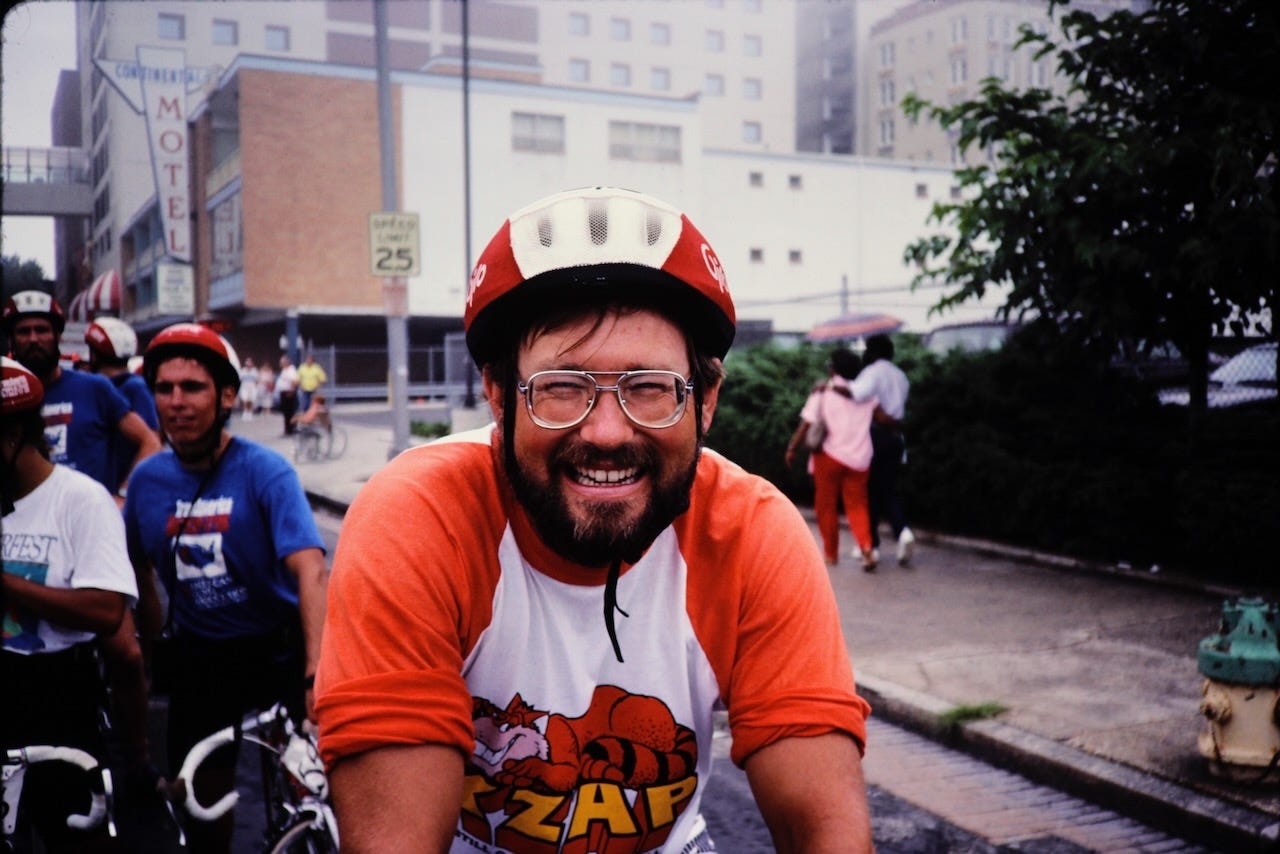
Fred Hoffman is also a University of California Cooperative Extension Master Gardener in Sacramento County. And he likes to ride his bike(s).





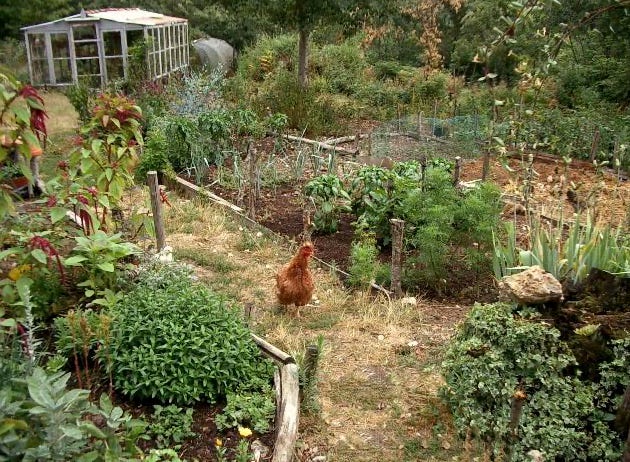





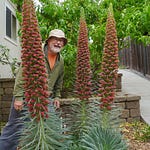

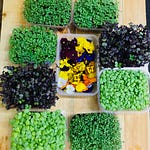
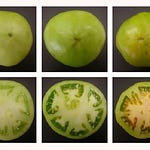

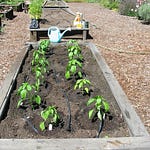
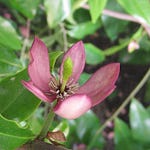
Share this post